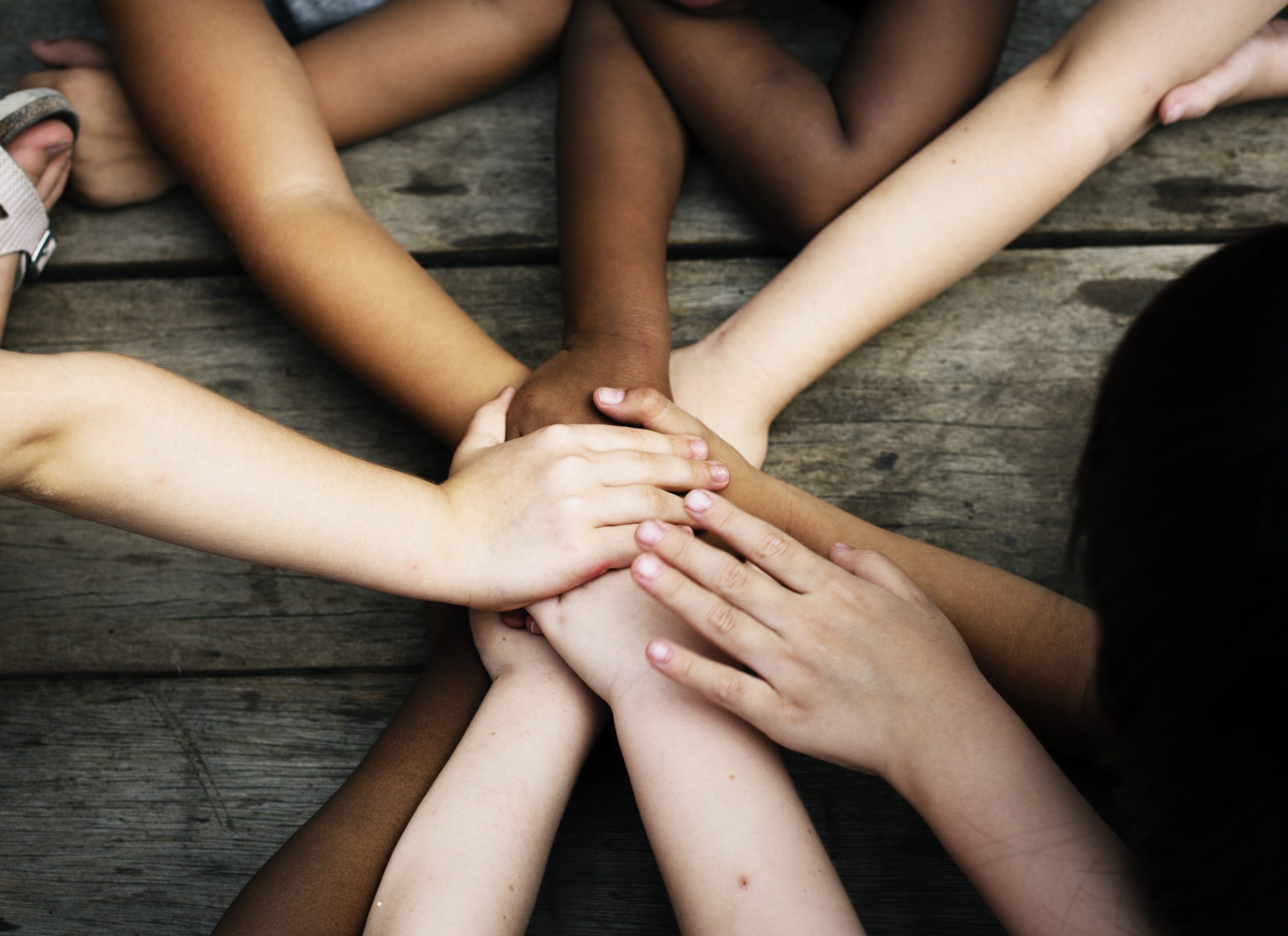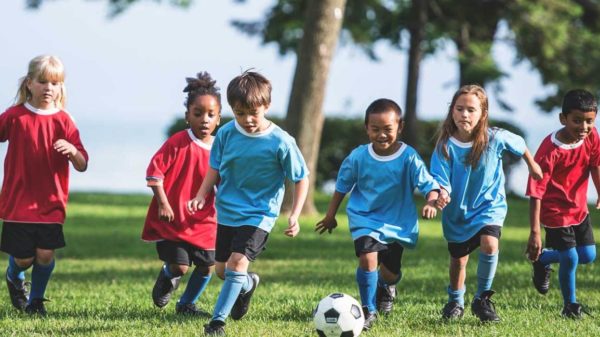
Why is sport important for kids?
It is difficult not to agree with the fact that doing sport is beneficial for both our mental and physical health. But, where does this common knowledge come from? Everyone knows sport is essential for kids, but why? what positive changes are linked to practicing sport? It is interesting to understand whether sports participation early in life might help shaping children’s health, education and behavior. If you want to know more about it, keep reading!
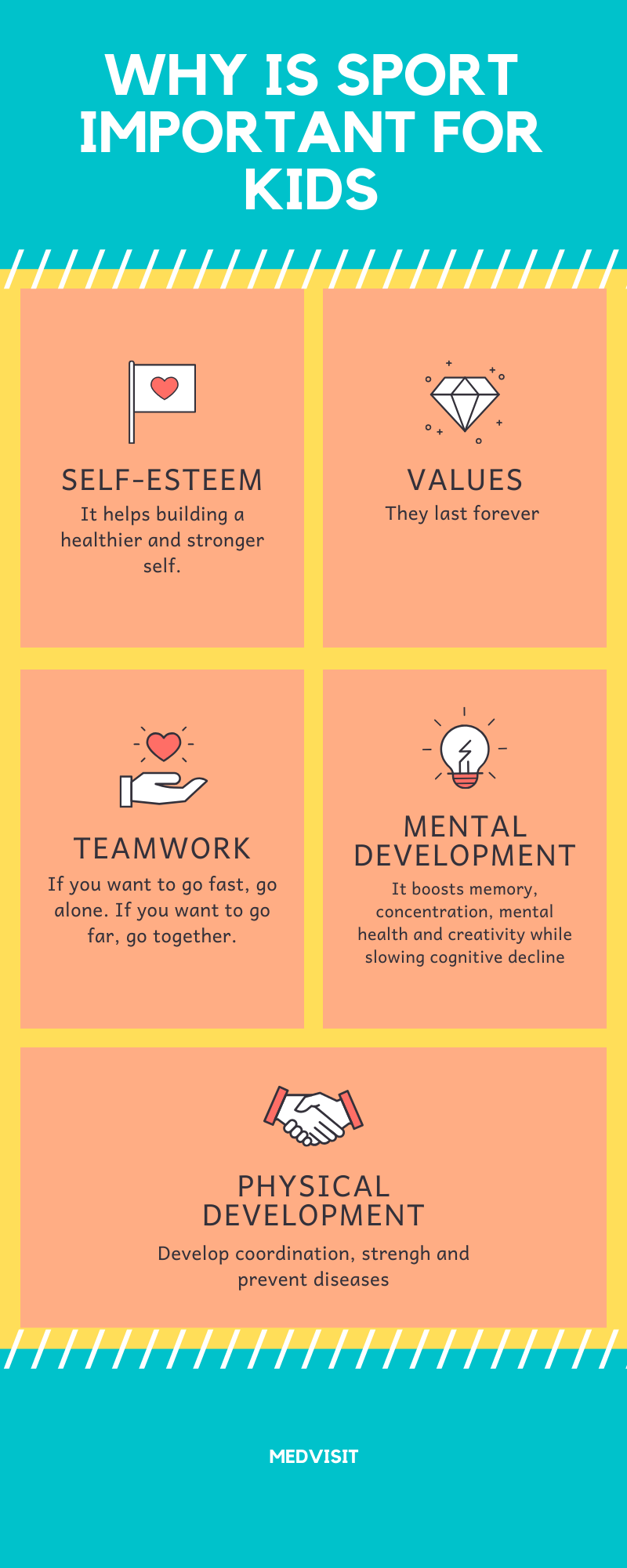
1- Physical development
In order to have a good physical development, children need a balanced diet, plenty of sleep and regular exercise. There are several benefits that sport can bring to a kid’s physical development. Having stronger muscles, bones and joints are examples of it. Also, having an stronger heart and a lower risk of suffering obesity and type 2 diabetes. What is more important is that through sport, kids are able to develop coordination and strength. They end up controlling their movements and develop a higher sense of their body.
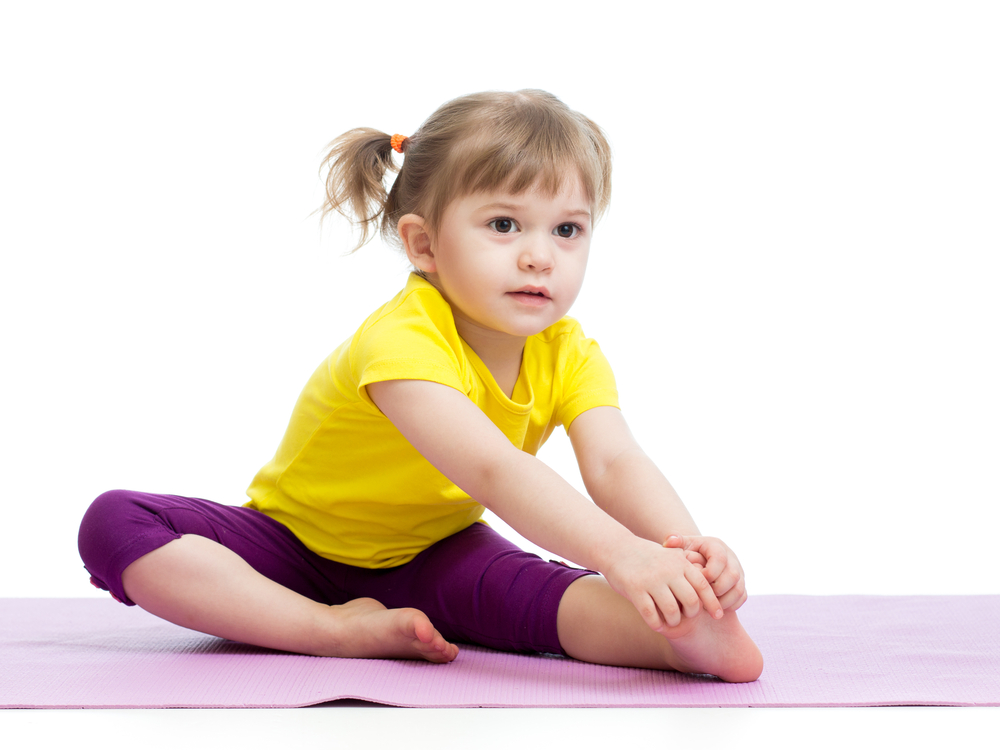
2- Mental development
Regarding mental development, there is empirical evidence that confirms a correlation between physical activity and mental development in children. According to the World Health Organization (WHO), children need to spend less time in front of screens, which can easily lead to a sedentary life and, instead, maintain an active life. As stated WHO Director-General Dr Tedros, “early childhood is a period of rapid development and a time when family lifestyle patterns can be adapted to boost health gains”. If we take into account that kids tend to copy what they see, it is important to consider what are we teaching them through our lifestyle and daily actions. We must be conscious about it before it’s too late.
A wave of studies exploring the possible links between mental development and body exercise is emerging from the labs more and more every day. The fact is that physical exercise has many advantages in what mental health refers. First of all, it boosts your memory, improves your concentration and mental health, enhances your creativity and slows cognitive decline.
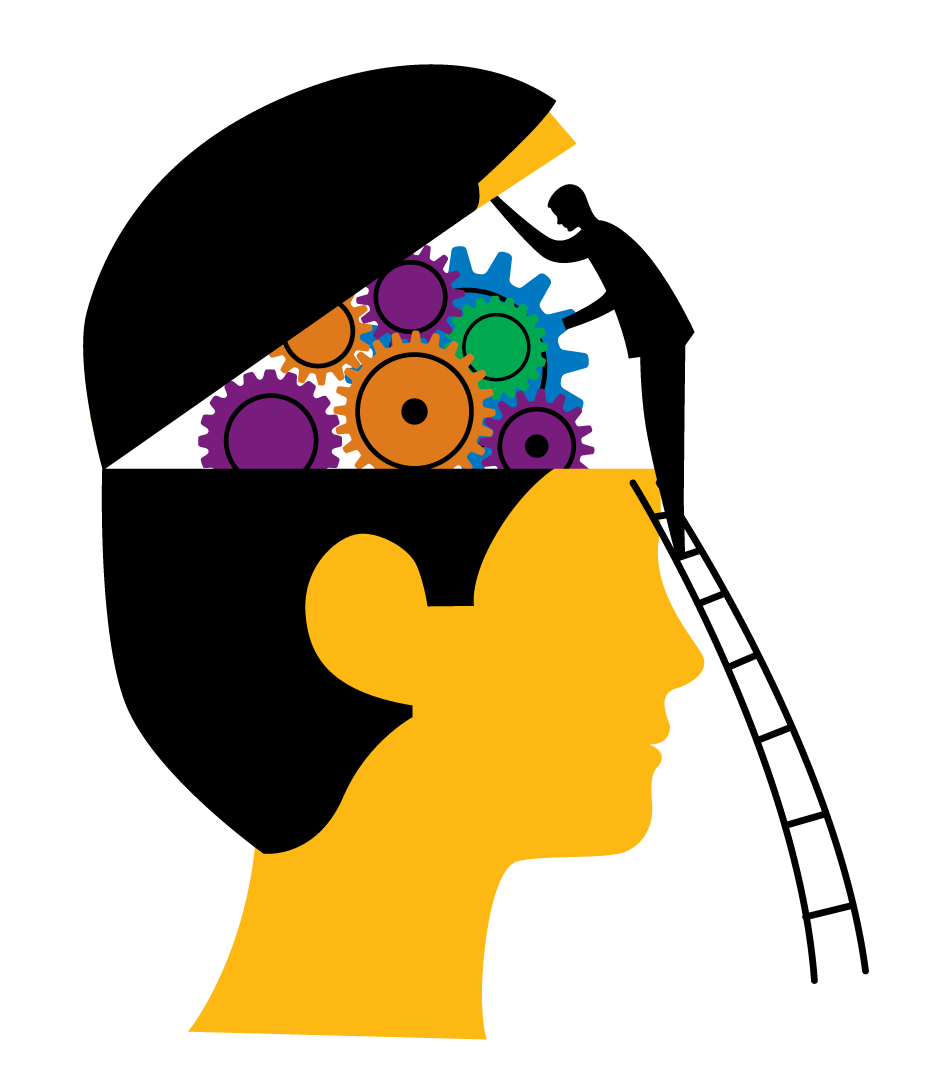
3- Values
Mental and physical health are not the only reasons why children should practice sport. In fact, there is a reason which is even more powerful: values. When thinking about sports benefits, values are probably the last thing that will come up to your mind. However, it is crucial to children’s development. The values that are instilled in your children as part of their sport experience will last longer than any other benefit and will have an immense impact on both their athletic and non-athletic life.
In sports we find values such as commitment, work ethic, humility, resilience and honesty. Identifying unhealthy values can be a good way to introduce your children into the importance of healthy sports habits and help them differentiate positive from negative values. Among the negative values we find: selfishness, winning at any cost and bravado.
4- Self-esteem
Can sports enhance self-esteem? When you start practicing sport regularly, sooner or later, results come. One of the changes that you experience from doing sport is that as time goes by, you get fitter and stronger. This can have positive effects on someone’s self-esteem. When you feel good about your body, a sense of calm arises and you start sowing a deeper sense of self-worth. Also, through sport you learn how to deal with situations that make you experience both positive and negative emotions. This contributes into having more control over your emotions and the reactions that arise from them, which clearly affects self-esteem. Considering all mentioned, and knowing that self-esteem is most strongly developed at a young age it is important to let children experience sport at an early stage of their development.

5- Teamwork
Sports allow kids to work with each other collaborating towards a same goal, an skill that will be crucial in their adult life. Team sports have multitude benefits for kids, they enable them to create ever lasting friendships, develop communication skills, experience a sense of community, and learn to acquire a respectful attitude towards their teammates and coaches. Also, being part of a team makes them understand the importance of commitment, and the responsibility of being reliable for their teammates.
All in all, after reading this article we hope that you have a clearer idea of the important role that sport has in children’s life. Not only for their mental and physical health, but also for the abilities and skills they acquire, which will be useful all throughout their life.
If you need any help don’t doubt contacting us for more information!
